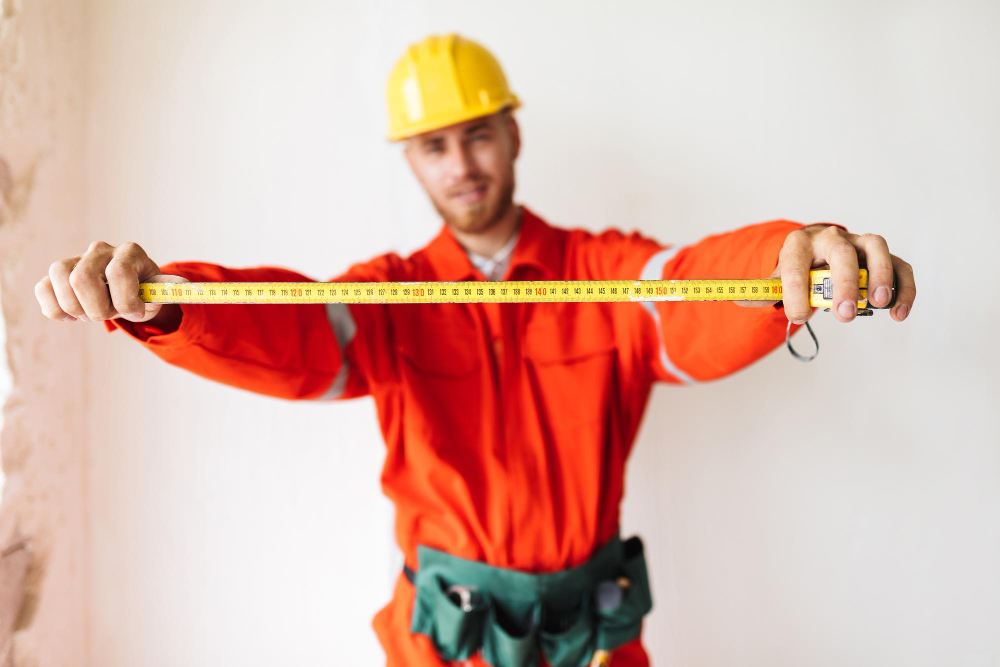The Ultimate Guide on How to Measure for Your DIY Fence Correctly

A fence can add value, privacy, and security to your home and property, but before jumping right into your next DIY fence project, it's essential to ensure you have the correct measurements. With a solid foundation of measurements, you can save yourself a lot of time, effort, and money. However, if you're a beginner in DIY fence installation, measuring can be confusing, intimidating, and overwhelming. But worry not! In this guide, we will provide you with tips, tricks, and expert advice on how to measure for your DIY fence project correctly.
1. Take Accurate Measurements
Measuring for your DIY fence might seem like common sense, but it’s important to do it properly. Take precise measurements of the area you wish to fence using a measuring tape or other tools like a wheel or laser measure. Ensure you measure the length of each side of the fence area, noting down the different lengths and the total length. You also need to measure for the height of the fence, from the ground level to the desired height. Don't forget to account for sloping or uneven terrain as this can significantly influence the installation process.
2. Consider Local Zoning Laws and Permits
Before planning your fence project, it's crucial to consider your local zoning laws and regulations. Some municipalities have restrictions on the types of fences that can be built or the height of the fence. Obtaining the appropriate permits will also help you avoid incurring fines and penalties. Take some time to research these, and if you're unsure about any of the regulations, don't hesitate to consult professionals.
3. Determine Your Material Needs
The type of materials you need for your fence project will depend on the look, durability, and user requirements. Popular fence materials include wood, vinyl, aluminum, wrought iron, and more. Once you have measured the total perimeter distance of your fence, you can easily determine the number of fence panels you will need. Plan on buying extra materials to account for waste, mistakes, and repairs, but don't go overboard as it can leave you with unnecessary extra costs.
4. Think About Gate Placement and Sizes
Gates are the entrance and exit points of your fence, and it's essential to plan them correctly. If you have a sloping ground, you might require a specific type of gate that accommodates the incline. Ensure you measure for the placement and size of the gate since they can significantly alter the layout and overall design of your fence. If you're unsure about where to place your gate, look for natural access points like driveways, walkways, or patios.
5. Consult a Professional
While DIY fence projects can be a fulfilling challenge, it's important to know when to consult a professional. Hiring a fence contractor can help ensure that everything is done correctly and that the project stays within your budget and timeline. Additionally, many fence contractors in Debary, FL, have the experience to help you make informed decisions about the layout, design, and the best materials to use for your DIY fence project.
Conclusion
Building a DIY fence for your property can be an exciting and fulfilling process, but it's crucial to plan and measure correctly to ensure a successful outcome. Accurate measurements, considering local zoning permits, determining material needs, thinking about gate placement and sizes, and consulting a professional fence contractor will significantly contribute to your DIY fence project's success. So, whether your DIY fence project is big or small, take the time to follow these tips and tricks and start enjoying your newfound privacy, security, and aesthetic appeal. If you're looking for professional fence contractors in Debary, FL, contact Byers Fence today to schedule an appointment.